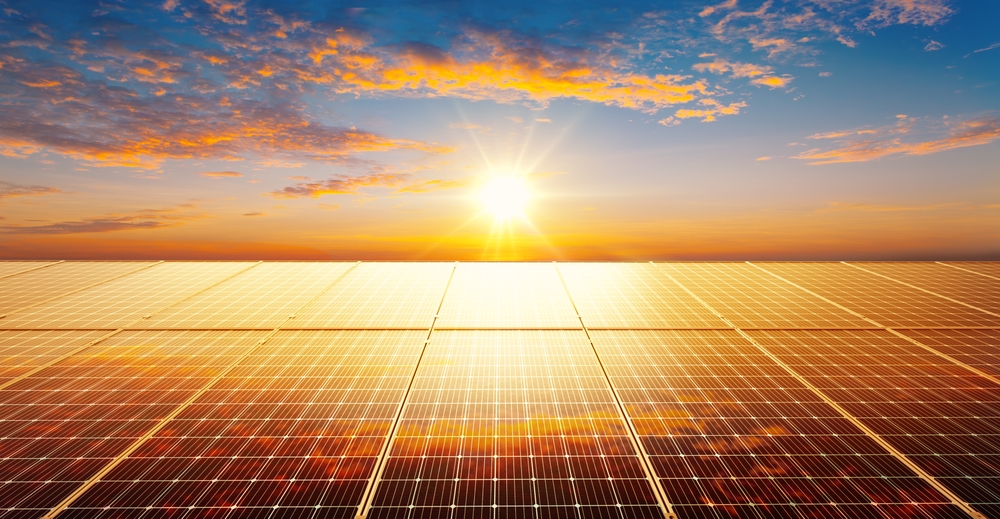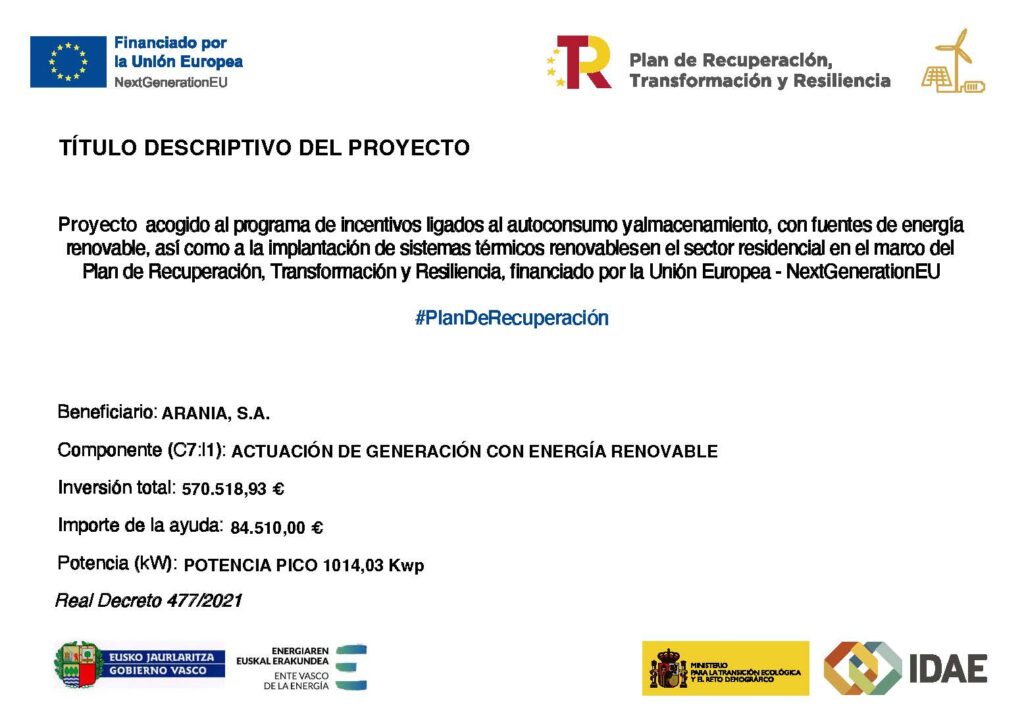
Renewable energy and rolled steel: an industry for the future
The emerging investment and consumption trends in the steel industry are driving the shift towards renewables in the rolled steel production, with a promising outlook for this sector in Europe, shaped by increasing pressure from both governments and consumers to reduce carbon emissions and promote more sustainable industrial practices. These politics include large incentive and subsidy programmes to support the shift towards renewable energy in key industries.
Accordingly, investors’ interest in companies that embrace sustainable practices to reduce their carbon footprint is progressively on the rise, resulting in a boom in demand for renewable energies. While steel is a resource-intensive and emissions-intensive industry, it also plays a vital role in the production of the materials required for the transition to a more sustainable global economic paradigm. Wind turbines, solar farms, hydroelectric power plants… All these infrastructures require intensive use of high quality steel inputs which underpin the production of renewable energies.
In this sense, solar energy is not only a powerful asset when it comes to lowering costs, as this promising sector will also become an important client for the steel industry. The structural frame of each solar panel is made of steel, with an average of three million tonnes of steel required for every new GW of built solar capacity… Forecasts are expecting solar and wind power to supply more than a third of all electricity globally by 2030, up from 12% at present. Solar and wind energy are projected to generate between 12,000 and 14,000 TWh in 2030, three to four times more than in 2022.
In summary, we are dealing with technological advances, government policies and market demand. As a result, companies in the steel industry are increasingly exploring the opportunities that solar energy represents for our activities. Naturally, this is a long-term objective. In the XXIst century, the transition to renewable energy sources represents a structural process for a forward-looking and innovative company like Arania, and this shift operates as a core element of the corporate sustainability strategy .
Last year, another important milestone was achieved with the installation of 1,790 photovoltaic modules on the roof of one of Arania’s manufacturing facilities in Amorebieta (Bizkaia), providing a peak power of over 1,000 kW. As part of this project supported by the programme of incentives for industrial self-consumption using renewable energy sources (Recovery, Transformation and Resilience Plan – Basque Government; Spanish Ministry for Ecological Transition; NextGenerationEU), the introduction of solar energy can play a significant role as it provides a clean and sustainable power source to drive part of the plant’s operations. In real terms, the solar energy generated by the new photovoltaic panels covers 15% of the total electricity consumption of this rolled steel manufacturing plant.
The integration of solar power as an energy source for the rolled steel plant has allowed a reduction of Arania’s dependence on fossil fuels, with a consequent decrease in long-term operating costs associated with the improvement of the company’s environmental profile by limiting the greenhouse gas emissions related to conventional power generation.
Over the past years, Grupo Arania has been reaffirming its commitment to environmental preservation through comprehensive initiatives covering all stages of production. We can highlight for example the official activation of the Guarantee of Origin (GO) certificate for renewable energy. This certification guarantees that the electrical energy used to produce our rolled steel and the manufacture of the Group’s products comes from renewable energy sources.
Last year, Grupo Arania established a new Sustainability Department , primarily focused on promoting sustainable growth and a corporate culture based on preserving the interests of its stakeholders and the environment, as a reflection of the company’s commitment to social responsibility and to the United Nations 2030 Agenda.
An additional achievement demonstrating the important strategic role of industrial sustainability can be found in Arania’s growth as a pioneer and leader in green steel in Southern Europe . Mention can be made of agreements with industrial leaders such as Salzgitter , supplies for ArcelorMittal , or the major deal with Tata Steel for the supply of steel with an assigned carbon footprint reduction up to 90% .
